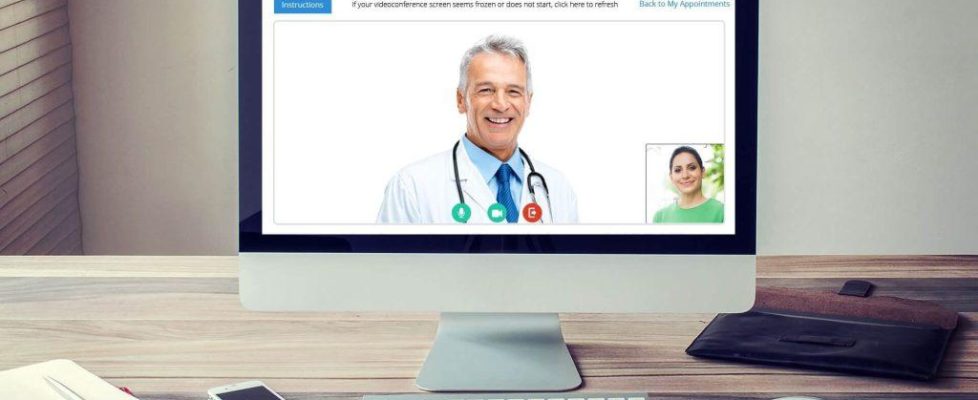GAO Calls on CMS to Assess Telehealth Quality, Develop Billing Codes
The U.S. Centers for Medicare & Medicaid Services (CMS) should implement billing codes and quality assessments for telehealth services, according to new recommendations from the Government Accountability Office (GAO).
The recommendations include calls for billing modifiers or clarified guidance on audio-only telehealth claims, a quality evaluation methodology for those services, and education programs designed to help providers understand potential privacy and security risks associated with virtual care, according to GAO.
“Medicare hasn’t comprehensively assessed the quality of care patients received, and lacks data on telehealth services delivered in patients’ homes or via phone,” GAO indicated in a recent report. “Patients may also be unaware that their private health information could be overheard or inappropriately disclosed during their video appointment.”
Policymakers and health care providers have been working to assess the impact of expanded telehealth implemented through temporary waivers from CMS issued during the pandemic.
Providers scrambled to integrate more telehealth into their programs on an emergency basis during the height of the pandemic. Now, stakeholders are looking at what should be done in the long term.
Hospices have been able to provide interdisciplinary services via telemedicine or audio as long as the patient is receiving routine home care level of care and those telemedicine services which are audio-only services are capable of meeting the patient and caregiver needs.
The $2.2 trillion CARES Act, designed to help the economy and essential industries weather the impact of the pandemic, also contained provisions related to hospice telehealth, including permitting practitioners to recertify patients via telemedicine appointments rather than face-to-face encounters.
These flexibilities are set to expire after the COVID-19 public heath emergency (PHE) ends. This is currently slated to occur in October, though the federal government has the option to extend it.
While the U.S. Department of Health & Human Services (HHS) has not announced a decision about extending the PHE, the agency pledged to give health care providers 60-days notice before its termination, which to date has not come.
The telehealth waivers would remain in place for 151 days after the PHE expires to give operators time to retool, according to HHS.
The U.S. House of Representatives in July passed legislation to keep them in place through the end of 2024. The Senate must now consider the bill.
For many hospices, what began as a temporary measure has evolved as an integral part of clinical operations, and calls have grown louder from providers and industry organizations to make these provisions permanent.
Last month, a consortium of 336 health care providers and other stakeholders wrote to U.S. congressional leaders to amplify that request. The American Academy for Hospice and Palliative Medicine was among these groups, as was the National Hospice and Palliative Care Organization.
“Many of the telehealth flexibilities that have helped dramatically improve patient access to care are temporary and limited to the duration of the COVID-19 [public health emergency] – and impact both public health programs and private health coverage … ,” the groups wrote in the letter. “As it stands today, providers must weigh the costs of investing in the technological and clinical infrastructure required to maintain telehealth programs at scale against the possibility that Congress may ultimately decide not to support permanently expanded telehealth coverage.”

